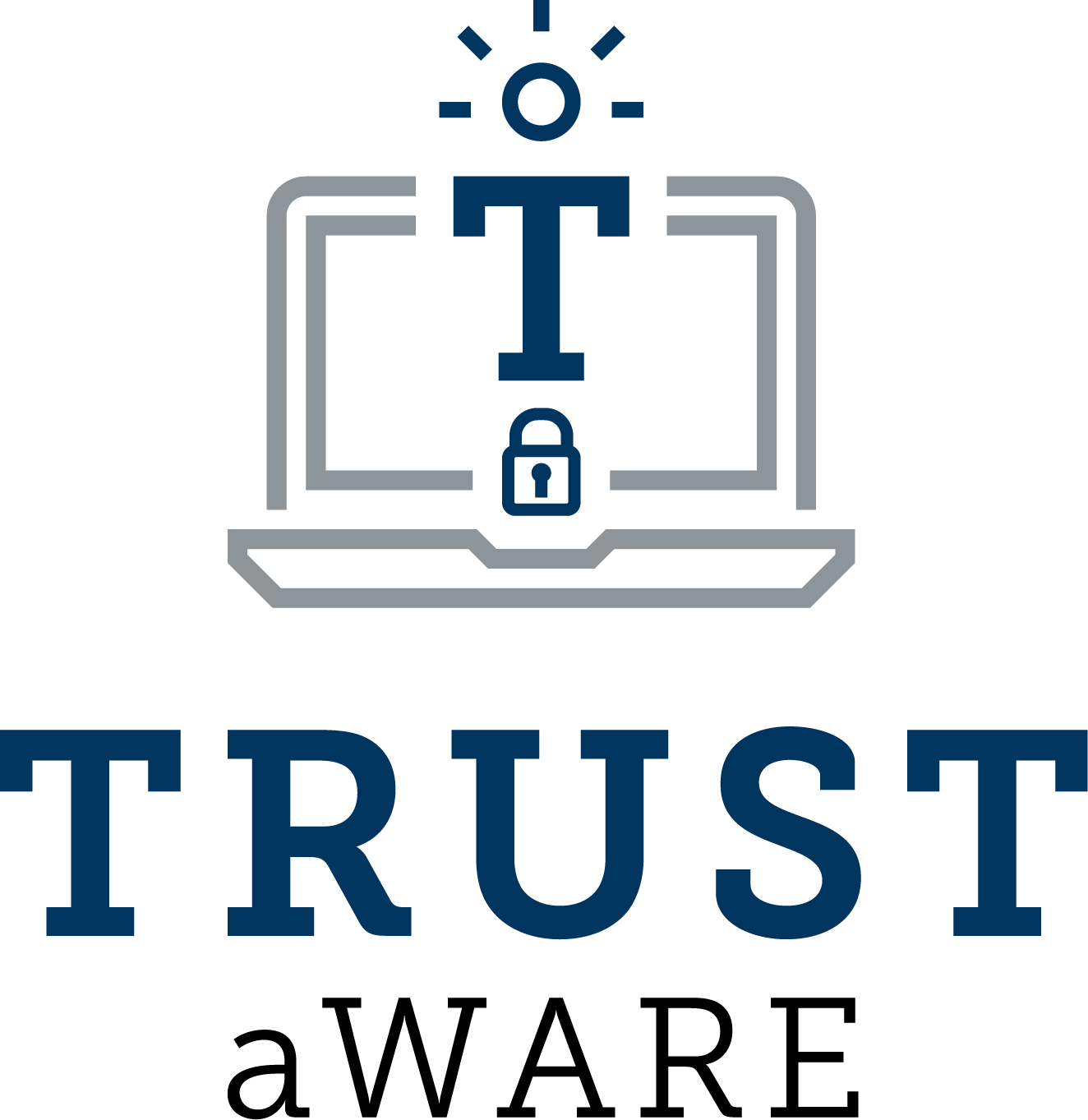Acceptance cybersecurity: A comprehensive look at attitudes towards data protection and security tool adoption

by Iulia Lazar (InfoCons)
Research on citizens’ attitudes towards digital tools for data protection and privacy highlights the need for big data literacy and understanding of data protection, especially in e-government initiatives. This suggests a growing awareness of the need for digital tools to protect personal data. Understanding attitudes towards digital tools is crucial.
Understanding attitudes towards digital tools is crucial for several reasons. Attitudes towards digital tools are crucial for introducing digital citizenship skills in youth, predicting internet usage, and addressing the digital divide. Consumer organisation education programs should address varying attitudes towards digital tools to integrate them into instruction. Attitudes can also predict perceived usefulness of digital tools, emphasising the importance of understanding attitudes towards digital tools in society.
The attitude towards the usage of data protection and security tools underscores a proactive and increasingly necessary approach towards safeguarding data privacy and security in various technological and application contexts. Currently, we remark the growing complexity in managing trust, risk, and security within artificial intelligence (AI) systems. It suggests a nuanced understanding of these challenges that is crucial for developing and implementing effective data protection and security tools. Privacy concerns have become increasingly relevant in various sectors, driven by GDPR compliance and the increasing demand for Personally Identifiable Information (PII). To protect and control PII, solutions must be user-driven and comply with privacy regulations. AI mechanisms like Named Entity Recognition and Machine Learning algorithms (Silva et al., 2022) can play a crucial role in privacy. Transparent data analysis for the user’s benefit is an effective and privacy-preserving way of monitoring PII shared with or between third parties. Machine learning models model privacy protection challenges, including whether attacks can cause privacy leakage and quantifying the risk. Current methods are limited to specific models and cannot be generalized to different datasets and architectures. Permissions to models are also a concern, as third-party models may not have sufficient access to internal calculations. A privacy risk assessment method is needed to detect malicious models under low privileges and quantify privacy risk across different datasets and models (Xu & Tan, 2024).
Data protection and security tools are crucial in safeguarding data from unauthorised access and malicious attacks. (Mohammed et al., 2023) emphasises the need for data security in computer systems, while (Fernández-Medina & Piattini, 2005) presents common security techniques for databases. (Sun, 2020) and (Kumar et al., 2018) focus on data protection in cloud computing, with Sun advising some privacy security risks of cloud computing and suggest a comprehensive privacy security protection framework, and Kumar and collaborators describe cloud computing models, such as the deployment models and the service delivery models and discuss the research progress of several technologies (e.g., access control). These studies collectively underscore the importance of robust data protection and the diverse range of tools available for achieving it. The attitude of ICT tools providers reflected in their work is innovative and solution-oriented, focusing on the development of practical solutions that can offer immediate benefits in terms of privacy preservation and authentication (Liu et al., 2023).
Nowadays, the consumer attitude is listed towards recognising the multifaceted nature of AI systems and the need for comprehensive security and privacy strategies that are capable of addressing these complexities (Habbal et al., 2024). The common citizen attitude is one of proactive risk management, where the usage of data protection and security tools is seen as essential for ensuring the safe and ethical deployment of smart city technologies. This approach highlights the importance of embedding privacy and security considerations in the design and implementation of smart city initiatives.
A range of studies (Kumar, 2021; Tayan, 2017) also highlight the importance of data protection and security tools in maintaining data confidentiality, availability, and integrity. They emphasise understanding potential threats and using advanced techniques. The growing awareness of these tools is particularly relevant in the context of data mining and advanced technologies.
To sum up, we can say that consumer attitudes towards privacy and security tools are characterised by cautious optimism, proactive risk management and innovative problem solving. Awareness of the problems posed by current technological systems is evident, as is a clear commitment to solving these challenges through the development and application of effective security and privacy measures.
References
- Fernández-Medina, E., & Piattini, M. (2005). Designing secure databases. Information and Software Technology, 47(7), 463-477. https://doi.org/https://doi.org/10.1016/j.infsof.2004.09.013
- Habbal, A., Ali, M. K., & Abuzaraida, M. A. (2024). Artificial Intelligence Trust, Risk and Security Management (AI TRiSM): Frameworks, applications, challenges and future research directions. Expert Systems with Applications, 240, 122442. https://doi.org/https://doi.org/10.1016/j.eswa.2023.122442
- Kumar, G. R. (2021). Security and Privacy Protection in Datamining.
- Kumar, P. R., Raj, P. H., & Jelciana, P. (2018). Exploring Data Security Issues and Solutions in Cloud Computing. Procedia Computer Science, 125, 691-697. https://doi.org/https://doi.org/10.1016/j.procs.2017.12.089
- Liu, J., Chen, C., Qu, Y., Yang, S., & Xu, L. (2023). RASS: Enabling privacy-preserving and authentication in online AI-driven healthcare applications. ISA Transactions, 141, 20-29. https://doi.org/https://doi.org/10.1016/j.isatra.2023.03.049
- Mohammed, S., Nanthini, S., Bala Krishna, N., Srinivas, I. V., Rajagopal, M., & Ashok Kumar, M. (2023). A new lightweight data security system for data security in the cloud computing. Measurement: Sensors, 29, 100856. https://doi.org/https://doi.org/10.1016/j.measen.2023.100856
- Silva, P., Gonçalves, C., Antunes, N., Curado, M., & Walek, B. (2022). Privacy risk assessment and privacy-preserving data monitoring. Expert Systems with Applications, 200, 116867. https://doi.org/10.1016/j.eswa.2022.116867
- Sun, P. (2020). Security and privacy protection in cloud computing: Discussions and challenges. Journal of Network and Computer Applications, 160, 102642. https://doi.org/https://doi.org/10.1016/j.jnca.2020.102642
- Tayan, O. (2017). Concepts and Tools for Protecting Sensitive Data in the IT Industry: A Review of Trends, Challenges and Mechanisms for Data-Protection. International Journal of Advanced Computer Science and Applications, 8.
- Xu, J., & Tan, C. (2024). Unawareness detection: Discovering black-box malicious models and quantifying privacy leakage risks. Computers & Security, 137, 103565. https://doi.org/https://doi.org/10.1016/j.cose.2023.103565


